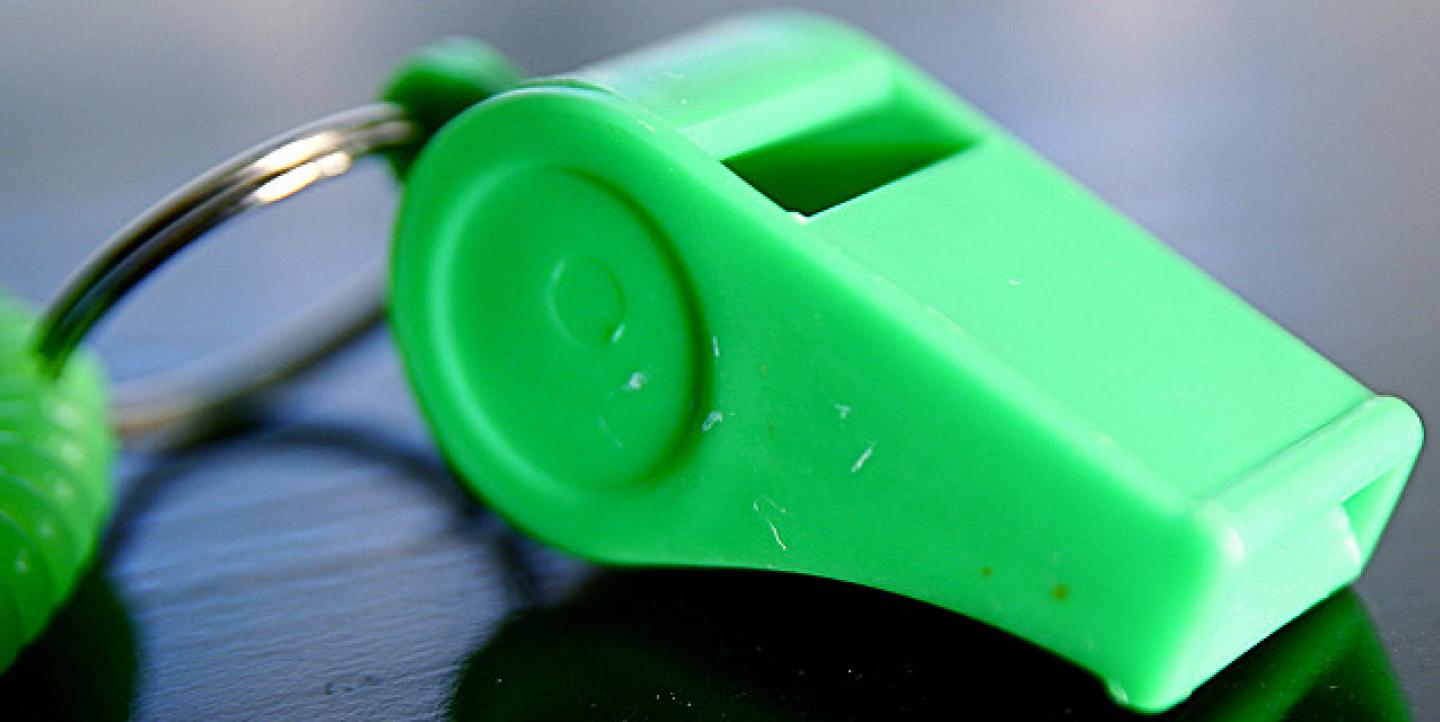Top editors and investigative journalists in South Africa have welcomed a new whistleblowing platform designed to protect sources who leak sensitive information to the media.
The platform, afriLEAKS, is being introduced to African media following a pilot phase during which it was tested by select newsrooms, including the weekly Mail&Guardian and Oxpeckers, an environmental investigative journalism platform that has played a key role in exposing the illicit trade in rhino horns.
The embedding of afriLEAKS in African newsrooms is being spearheaded by the African Network of Centers for Investigative Reporting (ANCIR). Based on Publeaks, a successful whistleblowing platform that is widely used in the Netherlands, afriLEAKS provides a secure platform for sources to share information and sensitive documents. The platform was customized for African newsrooms by Nairobi-based technologists affiliated with Code for Africa.
ICFJ Knight Fellow Justin Arenstein, a founder of Code for Africa, is leading the strategy to roll out the whistleblowing platform on the continent and coordinated a high-level gathering in Johannesburg where afriLEAKS was showcased.
“Whistleblowing is all about trust … trust between whistleblower and journalist and vice versa,” Leon Willems, director of the Amsterdam-based Free Press Unlimited, told the gathering, which focused on digital security. Free Press initially tested the platform in the Netherlands, he said, because of the strong culture of press freedom there and because in some countries whistleblowers’ lives could be “compromised” if they were ever identified.
Corine de Vries, managing editor of leading Dutch newspaper Volkskrant which has used the tool, said “it provides a safe gateway for a source to leak information anonymously to a newspaper, which is very important in a digital age. It is very important that the source realizes that we want to protect them.”
South Africa is currently experiencing a golden age of investigative journalism and most of the country’s bigger media houses have their own well-resourced investigative teams. Government corruption is a key focus of many of their exposes, like this one that broke the story of millions of taxpayers’ money being spent on an upgrade of President Jacob Zuma’s private residence at Nkandla. Tips and leaked documents from whistleblowers play a key role in many of these investigations.
Often the tipoffs come from competing factions in government, and increasingly South Africa’s State Security Agency has become involved in attempts to hunt down leakers, making it necessary for journalists to take extraordinary steps to protecting their sources.
Martin Welz, the editor of Noseweek, South Africa’s leading investigative journalism magazine which regularly exposes corruption in high places, said three of his laptops had been taken in burglaries at his office in the past 18 months. Welcoming the advent of afriLEAKS, he said: “I have become very security conscious, but often you are just not aware of the level of security required.”
Workshops for journalists on online security and tools, investigative techniques and protecting sources were run parallel to the high-level editors’ meeting where afriLEAKS was rolled out.
Knight International Fellow Raymond Joseph is working with Code for South Africa to strengthen the storytelling and audience engagement of news through data journalism and civic innovation in South Africa as part of ICFJ’s Code for Africa data journalism initiative. Follow him on Twitter @rayjoe.
Main image CC-licensed on Flickr via Steven Depolo.

